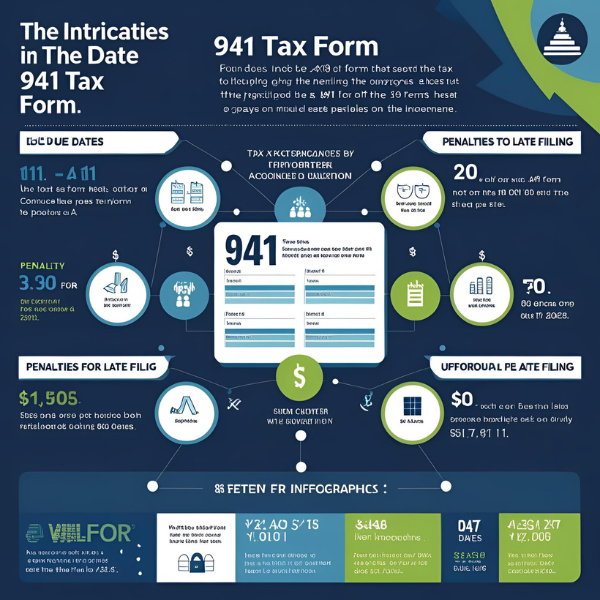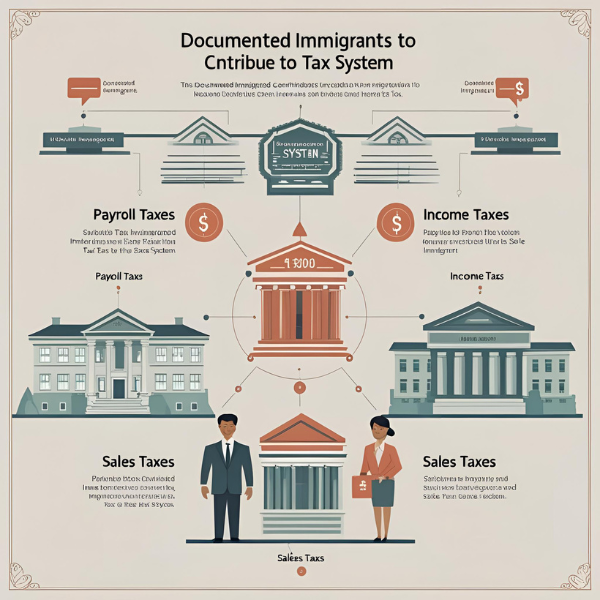
What is a VAT Invoice?
In the realm of trade and commercial transactions, invoicing is critical. They are key sales paperwork, offering a breakdown of goods or services supplied, their costs, and other crucial facts. The VAT invoice stands out among the different forms of invoices, but what is a VAT invoice?
Value Added Tax (VAT) is an essential document for firms operating in countries where this tax applies. Our best tax consultant Houston services help you dive into its details to understand how it works.
Understanding VAT Invoice
A VAT invoice is a document delivered by a seller to a customer that provides particular facts about the products or services supplied and the applicable VAT. It acts as documentation for both parties engaged in a transaction, giving the relevant details for tax reasons.
Components of a VAT Invoice
Now that you know the basic concept of what is a VAT invoice, the following components will further explain its significance.
Seller and Buyer Information
A VAT invoice comprises information on the seller and buyer, such as their names, addresses, and contact information.
Invoice Number and Date
Each VAT invoice is allocated a unique identification or invoice number and the date of issue. It helps in tracking and referencing the transaction.
Description of Goods and Services
A clear and complete explanation of the items offered or services delivered. This description should be thorough enough to allow for simple identification.
Quality and Price
The number of products or services provided and their associated pricing are clearly stated on the invoice.
VAT Information
A VAT invoice will, most importantly, reflect the amount of VAT levied on the goods or services. This covers the applicable VAT rate as well as the total VAT payment.
Total Amount Payable
The invoice will also include the full amount the buyer owes, including the net payment for goods/services and the extra VAT.
Significance of VAT Invoices
VAT invoices are extremely important for enterprises operating in VAT-exempt areas for various reasons:
Tax Compliances
VAT invoices are essential for firms to comply with tax requirements. They are tangible documentation of taxable transactions, assuring tax disclosure openness and correctness.
Input Tax Reclaim
VAT invoices make it easier for firms to reclaim input tax. Companies who keep proper VAT receipts for their transactions might reclaim the VAT they paid on products or services purchased for business reasons.
Auditing and Record-Keeping
Well-kept VAT invoices are essential for tax audits. They serve as supporting paperwork, giving a clear transaction trail and assisting in maintaining correct financial records.
Types of VAT Invoice
Following are the types of VAT invoices:
Full VAT Invoice
This invoice includes all the information tax authorities require, allowing the buyer to reclaim VAT.
Simplified VAT Invoice
It provides less specific information than a complete VAT invoice and is often used for small-amount transactions.
The Bottom Line
Understanding what is a VAT invoice is important in commercial transactions, especially in areas where value-added tax is levied. It not only acts as evidence of sale but is also an important instrument for tax compliance, record-keeping, and simplifying input tax reclaim for businesses. Businesses should utilize tax advisor services to optimize their operations and support seamless tax-related processes by properly recording transactions via VAT invoices.


